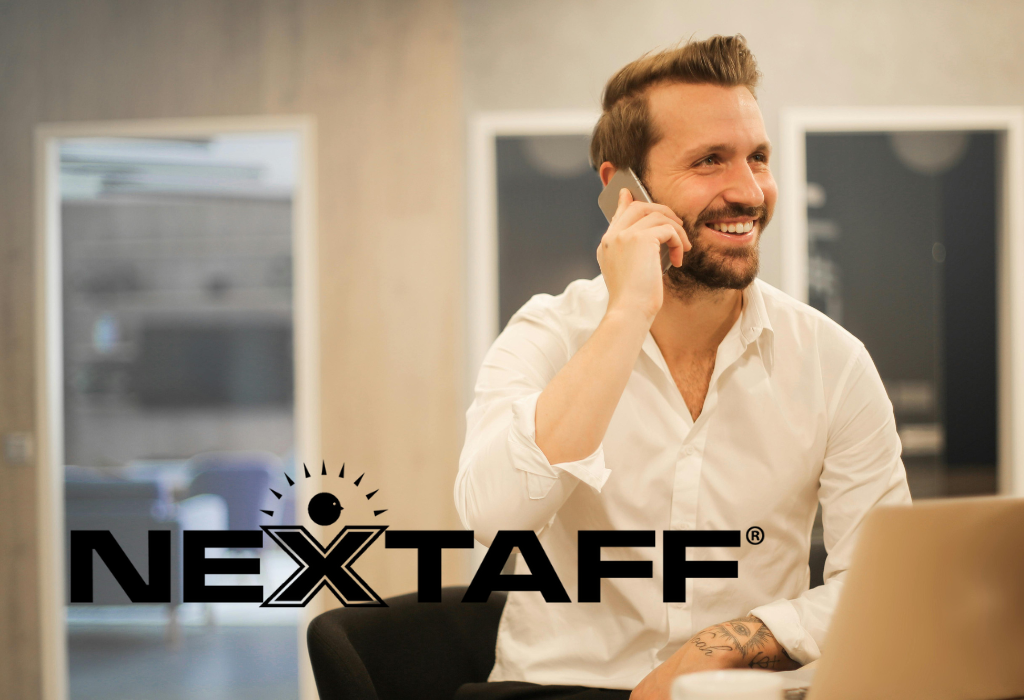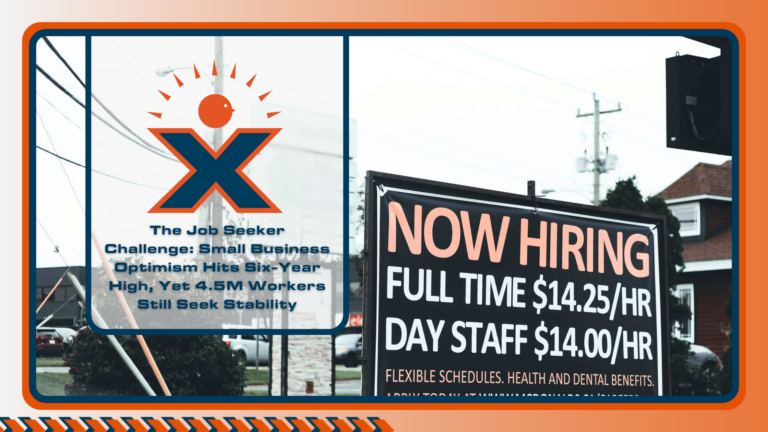Interviews can feel daunting, but understanding the process can alleviate some of that stress. The journey typically starts with preparation—researching the company’s history, culture, and recent developments. This insight arms you with the knowledge to impress your interviewers and tailor your responses effectively. The actual interview can take various forms, from phone calls to in-person meetings. Each format requires different preparations, such as ensuring a quiet space for phone interviews or practicing good body language for face-to-face meetings. Finally, post-interview etiquette is crucial. Sending a thank-you note showcases your professionalism and keeps you on the interviewer’s radar.
Prepare for Interview Success: Research and Preparation
Before any interview, thorough research is key to developing your strategies. Dive into the company’s website, read recent news articles, and understand the role you’re applying for inside out. Highlighting how your skills align with the company’s goals and values can set you apart. Craft a tailored resume and cover letter that emphasize your strengths and achievements relevant to the position. Remember, every detail counts—from the font choice to the layout. Practice answering common interview questions to build confidence and ensure your responses are concise yet informative.
Start with Resume and Cover Letter
Your resume and cover letter are your first impressions on paper. Tailor them to the job description, highlighting key skills and experiences that match what the employer is looking for. Use action verbs and quantifiable achievements to showcase your impact in previous roles. Your cover letter should complement your resume by expressing your enthusiasm for the role and explaining why you’re a perfect fit. Customizing each application shows dedication and attention to detail, qualities every employer values.
Dress for Success
First impressions matter, and your attire speaks volumes before you even say a word. Dress appropriately for the industry and company culture. When in doubt, opt for professional attire—clean, well-fitted clothing that exudes confidence. Pay attention to grooming and accessories, keeping them minimal and polished. Your goal is to look professional and put-together, signaling to your potential employer that you take the opportunity seriously.
Mastering the Art of Communication
Communication is at the heart of every successful interview. Practice speaking clearly and confidently, avoiding filler words or rambling. Nonverbal cues, such as eye contact and posture, convey confidence and engagement. Active listening is equally important—nodding, paraphrasing, and asking relevant questions show your interest and understanding. Remember, it’s not just about what you say but how you say it that leaves a lasting impression.
Interview questions often revolve around your skills and experiences. Use the STAR method (Situation, Task, Action, Result) to structure your answers, providing specific examples of how you’ve handled challenges or achieved success in previous roles. Quantify your achievements whenever possible to add credibility to your claims. Tailor your responses to highlight the skills most relevant to the job you’re interviewing for, showcasing your ability to excel in the role.
Learn to Demonstrate Your Value
Employers want to know what you can bring to the table. Use the interview as an opportunity to showcase your achievements and projects that demonstrate your value. Discuss challenges you’ve overcome, initiatives you’ve led, and results you’ve achieved. Use concrete examples and metrics to quantify your impact, painting a clear picture of why you’re the ideal candidate for the position. An interview may throw unexpected challenges your way, that’s why you need several strategies. Stay calm and composed when faced with difficult questions or scenarios. Practice active listening to ensure you understand the question before responding. If you’re unsure about something, it’s okay to ask for clarification or take a moment to gather your thoughts. Use positive language and focus on solutions rather than dwelling on problems.
Strategies for a Strong Closing
As the interview nears its end, take the opportunity to ask thoughtful questions about the company, team, and role. This shows your genuine interest and allows you to assess if the company is the right fit for you. Express gratitude for the opportunity and reiterate your enthusiasm for the position. End on a positive note, leaving a lasting impression that makes you memorable among other candidates.
Following Up with Thank You Notes and Post-Interview Etiquette
After the interview, don’t forget to send personalized thank-you notes to each interviewer. Express your appreciation for their time and reiterate your interest in the position. Use this opportunity to reaffirm why you’re a great fit and highlight any key points from the interview. Follow up on any additional information or next steps discussed during the interview, showing your proactive approach and professionalism.
Now that you’re armed with these interview strategies, it’s time to put them into action. Prepare thoroughly, showcase your skills confidently, and remember to follow up. With the right approach, you’ll increase your chances of getting that coveted callback and landing your dream job.
Learn More About Candidate Services and start implementing these interview strategies from staffing experts with your local NEXTAFF. Stand out to future employers and land the job you’ve been hunting for!












